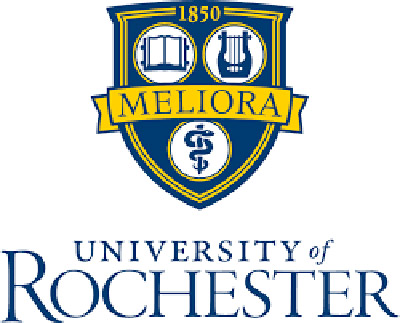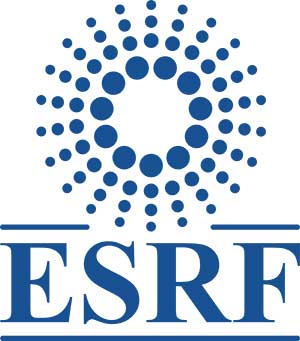The European Synchrotron, the ESRF, is an international research centre based in Grenoble, France.
Through its innovative engineering, pioneering scientific vision and a strong commitment from its 700 staff members, the ESRF is recognised as one of the top research facilities worldwide. Its particle accelerator produces intense X-ray beams that are used by thousands of scientists each year for experiments in diverse fields such as biology, medicine, environmental sciences, cultural heritage, materials science, and physics.
Supported by 22 countries, the ESRF is an equal opportunity employer and encourages diversity.
Topic: Structural changes of Cobalt catalysts under Fischer-Tropsch reaction conditions
You will join the ESRF beamline ID10 to work on a collaborative project with ESRF, Leiden University and their industrial partner, Shell, to study the Fischer-Tropsch reaction. This is a four-year position; in years 1, 2 and 3 you will be based at ESRF, and in year 4 you will be based at Leiden University, which will also award the PhD degree. The Fischer-Tropsch (FT) synthesis is used to convert non-petroleum-based resources to fuels and long-chain hydrocarbons (FT waxes, lubricants) that are widely used today. The development of active, stable, highly selective catalysts and process optimization is a primary focus of current FT catalysis research as it can generate great economic and environmental benefits. Cobalt is the crucial metallic component of FT catalysts as it increases significantly the production yield of desired heavier hydrocarbons. The main issue of a Cobalt-based catalyst is deactivation, and improvement of catalyst stability is expected to lead to more economically competitive FT technologies.
The aim of this position is to perform operando studies of cobalt nanoparticles on oxide supports under FT reaction conditions. The focus will be on the development of a setup using modified flow reactors, to investigate a model cobalt FT catalyst. Particular attention will be given to the propensity of Cobalt particles sintering to reaction conditions, particle dispersion, and the impact of support material.
The mission on ID10 is to study surfaces and interfaces using X-ray scattering experimental methods. The ID10 surface scattering end station is eminently suitable to conduct the proposed research, as it is compatible with flow reactors available at ESRF, necessary for operando studies of heterogeneous catalytic reactions. Moreover, the research will be complemented by Raman spectroscopy, X-ray fluorescence and adsorption spectroscopy, and other experimental techniques and sample synthesis facilities available at Leiden University and Shell (high-pressure STM/AFM, gas chromatography, X-ray photoelectron spectroscopy).
Requirements
- Degree allowing enrolment for a PhD (such as MSc, Master 2 de Recherche, Laurea or equivalent) in chemistry, physics, materials science or closely related science.
- Knowledge of physics and chemistry of surfaces, surface catalysis.
- Experience in X-ray or electron diffraction, X-ray scattering methods, and complementary methods like: Raman spectrometry, X-ray fluorescence and adsorption spectroscopy.
- Experimental and instrumental skills (hardware and software).
- A background in programming (Python, MATLAB or other), data analysis skills.
- Ability to solve complex problems independently.
- Ability to interact with multi-disciplinary staff.
- Good time management skills and ability to prioritize.
- Proficiency in English (working language at the ESRF).
Benefits
- Contract of two years renewable for one year.
- We offer a comprehensive benefits package designed to support your quality of life and your installation in the Grenoble area when relocation is needed.
- The monthly salary may be complemented by additional allowances upon eligibility (expatriation allowance, etc).
Expired






